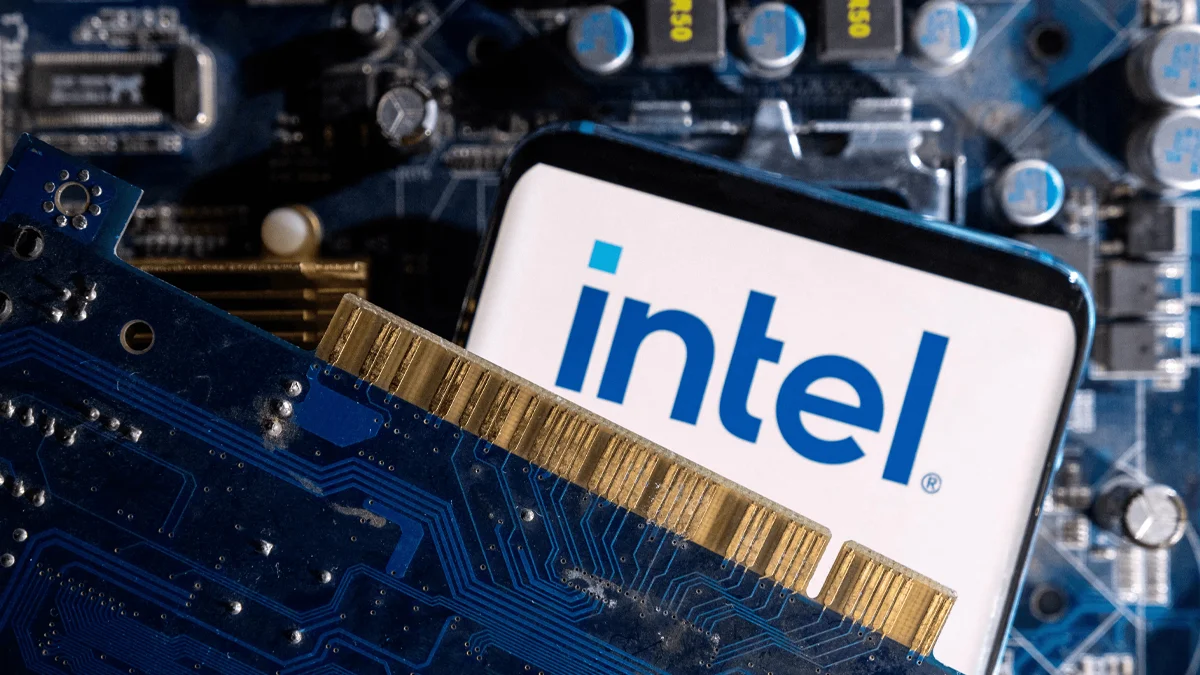Necessary Always Active
Necessary cookies are required to enable the basic features of this site, such as providing secure log-in or adjusting your consent preferences. These cookies do not store any personally identifiable data.
|
||||||
|
||||||
|
||||||
|

The US Department of Commerce could reduce Intel’s federal chips grant from the $8.5 billion to under $8 billion, the New York Times reported. Earlier this year, the Biden administration said it would award Intel loans and grants amounting to $20 billion.
This funding was set to be the largest government investment designed to subsidize Intel’s chip production. The purpose of the funding was to supercharge Intel’s domestic semiconductor chip production amidst rising global competition.
Intel’s federal chips funding reduction highlights the challenges that the chip maker faces. The company is striving to reclaim leadership in the tech industry while fulfilling the Biden administration’s vision of revitalizing local production of semiconductor chips. The terms and conditions of the revised grant package remain unclear.
The funding reduction coincides with a $3 billion contract awarded to the tech giant to manufacture chips for the US Defense Department. The chip maker has been struggling to meet production expectations after it suffered the biggest quarterly loss in its close to six decades of existence. Intel and the US Department of Commerce signed a preliminary memorandum in March 2024 for $8.5 billion.
The agreement included an $11 billion loan in Intel Arizona funding. The loan was aimed at positioning the chip manufacturer as a key player in the AI-driven semiconductor industry. The Chips Act funding was part of Intel’s expansion plan through a $100 investment. The company planned to construct new plants in New Mexico, Oregon, Arizona, Ohio, and Oregon.
The Department of Commerce is required to ensure accountability in the administration of grants and loans under the Chips Act. Officials in the department have set stringent performance benchmarks for the funding.
Semiconductor chip manufacturers seeking Chips Act funding have to construct plants and produce semiconductor chips. Chip makers must secure customer commitments for locally manufactured products. Intel has been struggling to meet these requirements.
This may have complicated the company’s ability to negotiate for the final funding terms. The company has experienced setbacks in completing the chip manufacturing plant in Ohio. Recently, the chip manufacturer pushed completion of this plant from 2025 to 2030.
“The delay in Intel’s investment is especially concerning given the current surge in demand for chips, driven by the rise of AI. With AI transforming the industry, the existing IT infrastructure is becoming insufficient to handle its processing requirements,” Senior Analyst at Everest Group, Rachita Rao said.
Intel is also struggling to match rivals like the Taiwan Semiconductor Manufacturing Company (TSMC). Analysts suggest that its inability to compete in the chip manufacturing industry may have lowered confidence in its ability to meet its commitments.
“Intel is struggling to keep pace with its competitors, particularly TSMC, which dominates the market with its competitive pricing and significant market share. Additionally, Intel is pursuing riskier strategies at a time when TSMC is focusing on a low-risk, high-production model that appears to be yielding strong results. Given Intel’s inability to effectively compete in the current market, the reduction in funding seems justified to some extent,” Rao added.
Earlier this month, the US Department of Commerce finalized a $6.6 billion Chips funding award to TSMC. The Intel rival also committed more than $65 billion to construct a manufacturing plant in the US.
News of Intel’s funding reduction have certainly hit the company, which is experiencing financial strain, hard. The company announced plans to cut 15,000 jobs as part of its multi-year restructuring strategy aimed at saving $10 billion in 2025. In August 2023, Intel suspended dividend payments for shareholders starting quarter four of this year.
The company posted a $1.61 billion net loss in quarter two of this year, with revenues dipping by 1% to $12.83 billion. Intel shareholders sued the company for concealing the problems that resulted in poor performance, suspension of dividends, and job cuts.